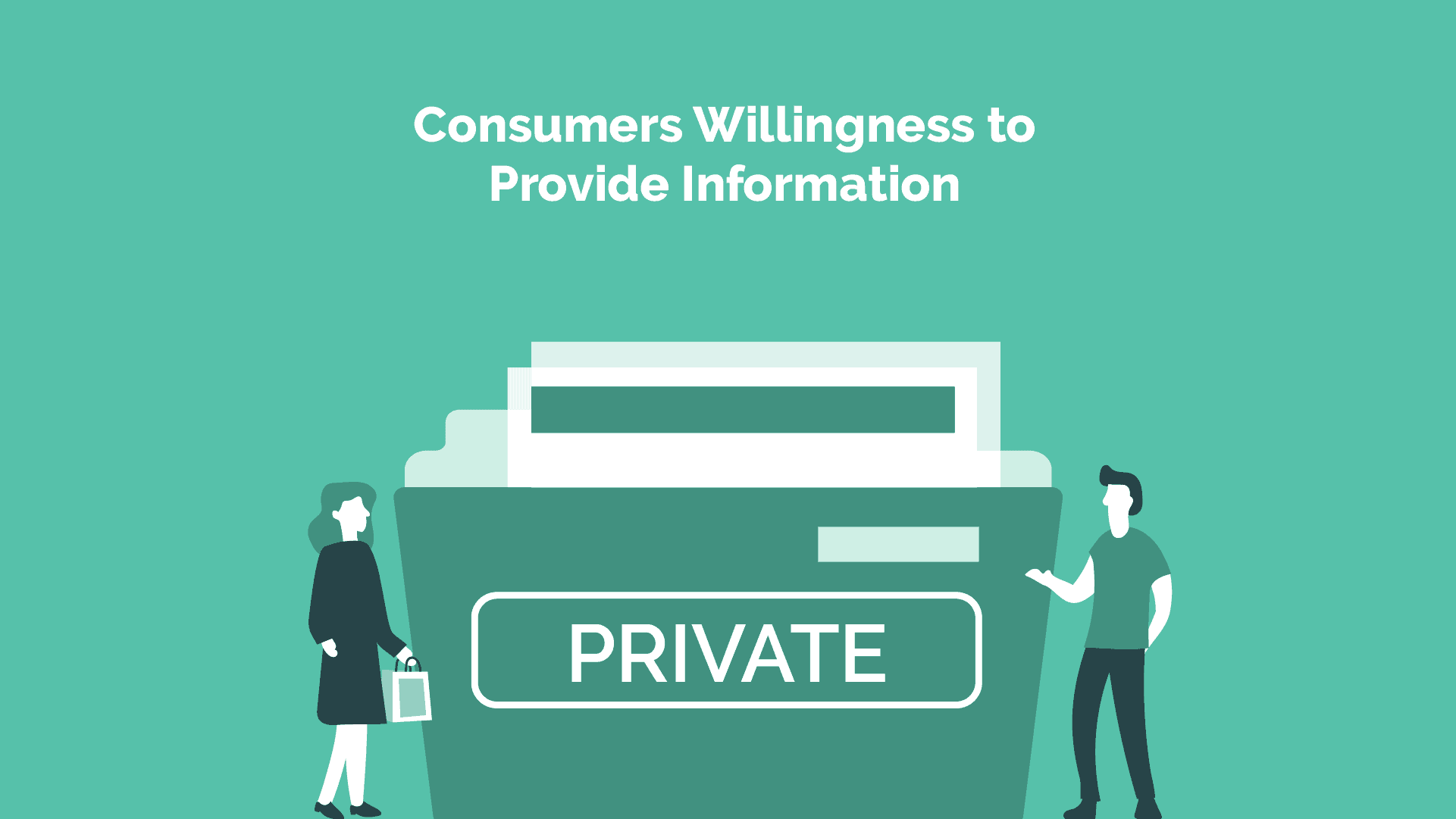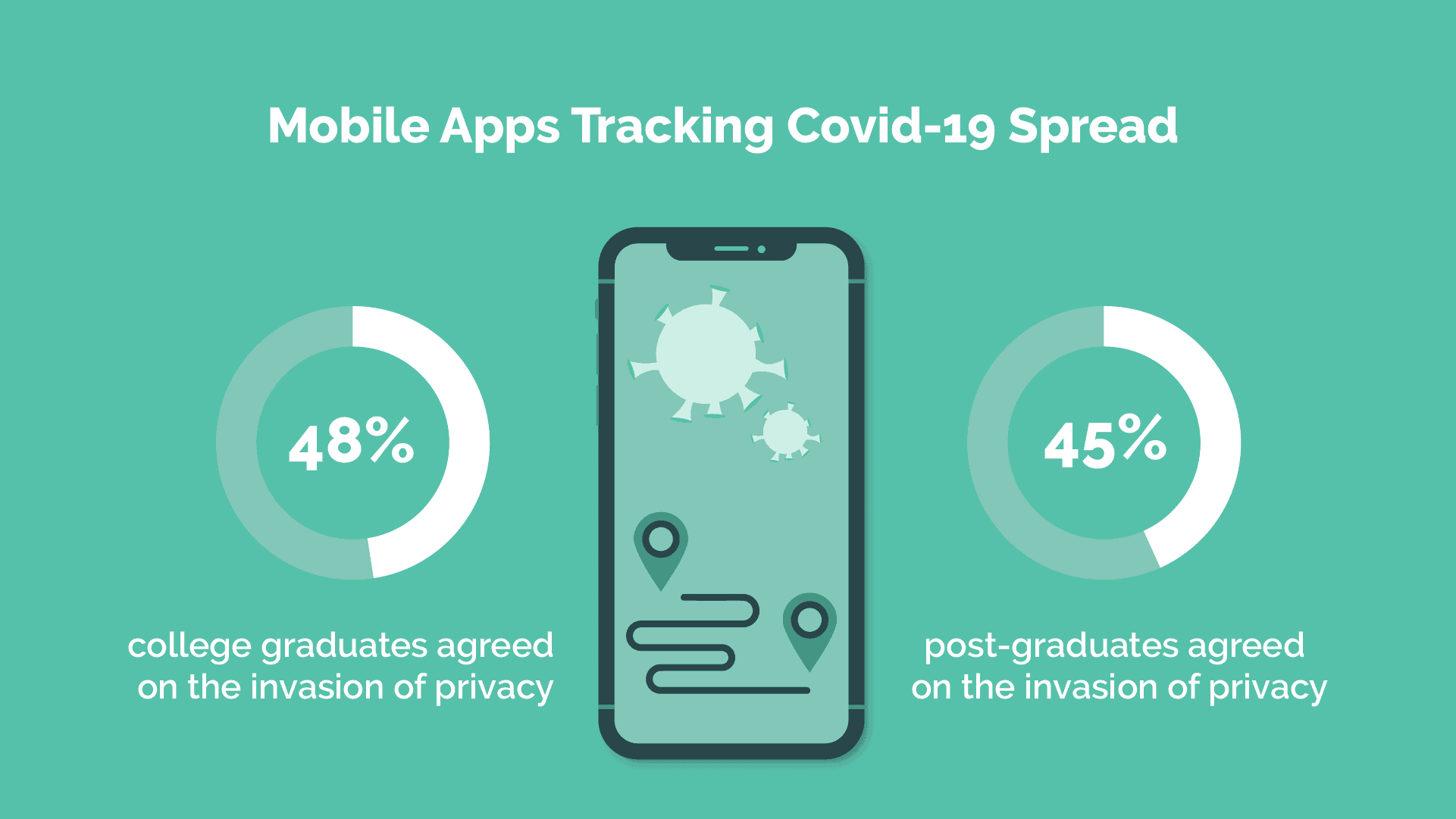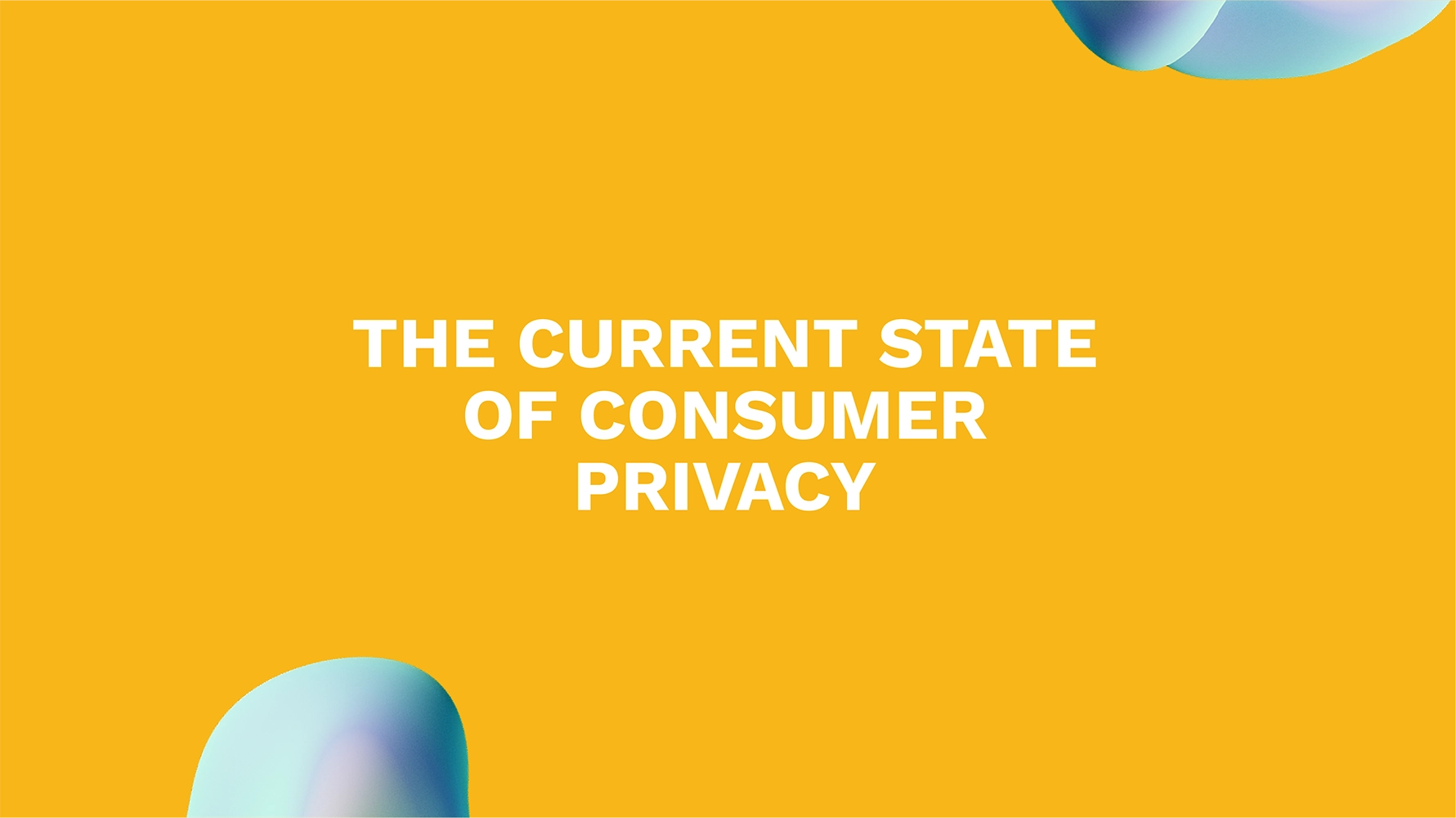The coronavirus (COVID-19) pandemic continues to create a profound impact on the way businesses operate and how consumers shop for products and services. However, there are changes that are occurring when it comes to consumer data and privacy as well.
The use of big data and technology amid COVID-19 may change business and consumer relationships moving forward, as well as affect the practices of marketers in the future.
For instance, a report by CodeFuel featured personal data that American adults would be willing to give out in order to help mitigate the spread of COVID-19. It was found that 84% of adults would share their health data, while 58% of those surveyed would be willing to give out their location.

The use of social media was also taken into high regard, as 36% of respondents would give such information away. As for search history, 31% of adults would comply with sending that data out if it helped stop the spread of the virus.
Consumers are willing to provide information because of the need for accurate facts from researchers, technology companies and governments. These entities collect data worldwide in order to track, identify, and contain COVID-19, as well as to predict any similar outbreaks that may happen in the future.
However, this prevalence of sharing data and information also increases the tension between the aforementioned entities and the consumer base. This is due to questions being raised about surveillance methods being deployed by governments and other health authorities.

In fact, according to data from YouGov and The Economist, it was found that 43% of American adults believe using mobile applications to track the spread of COVID-19 constituted an invasion of privacy. Meanwhile, 28% of those surveyed said using such applications did not invade privacy, while 29% of respondents were unsure.
In terms of education levels, 48% of college graduates agreed on the invasion of privacy when using such applications. Meanwhile, postgraduates and individuals who have had some college education reached 45%. Individuals who had either an education level of high school or less were at 38%.
What businesses and marketers can learn from this for the sake of strategic planning is that consumers of various demographics are concerned about their privacy. While consumers are willing to give out information in exchange for services, there is nonetheless a fine line between the right to privacy and the need to know information.
The Find Your Audience team is here to help businesses work through their short and long-term goals in such an unprecedented time. The professional team of content creators, marketers, and business experts currently work closely with clients across the globe, developing customized strategies in multiple forms such as social media, email newsletters, content marketing and writing, as well as graphic design and branding.
For more information, and to get an in-depth consultation on what can be done to improve revenue streams, call the Find Your Audience team at 647-479-0688.
Alternatively, the team may be reached through email at hi@findyouraudience.online.
The Current State of Consumer Privacy
Table Of Contents
